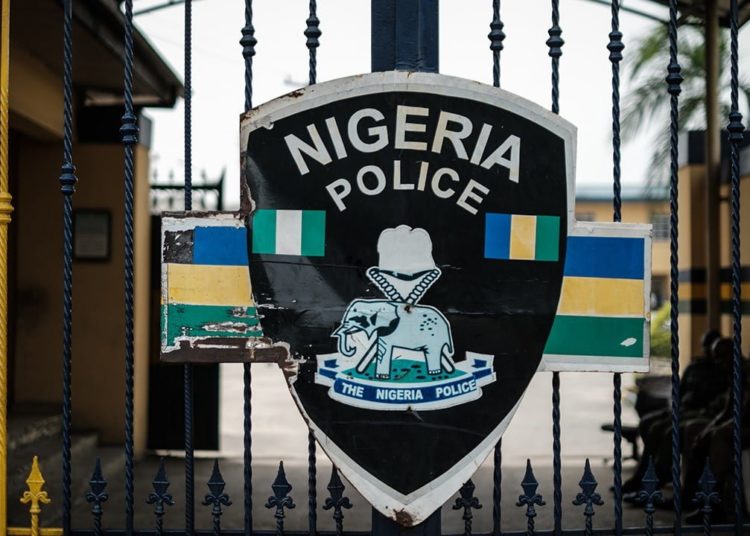Early this month, the Nigeria Police Force (NPF) and the National Insurance Commission (NAICOM) formally launched the enforcement of third-party motor insurance policies, which, by law, insulate third parties from losses and damage in the event of an accident or death.
Prior to its takeoff, vehicle owners outside the comprehensive insurance policy were on edge because of the threats emanating from the corresponding actions taken by police commands across the states of the federation.
On such occasions, the police went as far as announcing that offenders would pay a fine of N250,000 and have their vehicles impounded. How the fine was arrived at, its fairness and justiciable were not disclosed.
For the promoters of this cause, Nigerians were told that it was driven by the need to enhance road safety and ensure compliance with insurance regulations.
As a newspaper, we disagree with these postulations. Without mincing words and from the calculations that insurers will reap N142 billion from third-party this year, we declare that it is largely revenue and profit-driven.
This position is strengthened by data from industry stakeholders that 9.5 million uninsured vehicles will be under the “joint venture” between the police and NAICOM forced to pay N15,000 each as motor insurance premium, which amounts to over N142 billion.
The data from the Nigerian Insurers Association (NIA) and the Federal Road Safety Corps (FRSC) indicate that of the 12 million vehicles plying Nigeria roads, only 3.6 million are insured, while 9.5 million have no form of insurance policy. It is this category of motorists that form the target of the Police-NAICOM deal.
Section 68 of the Insurance Act and Section 312 of the 1945 Motor Vehicle (Third Party Insurance) Act mandate all vehicle owners to possess third-party insurance.
Third-party motor insurance is the minimum legal requirement for all vehicle users on Nigerian roads under the Third Party (Motor Insurance) Act (1945) as amended by Insurance Act of 2003. It provides coverage for third party property damage, bodily injury or death caused to third parties as a result of an accident involving the insured vehicle.
It further provides for compensation for bodily injuries or death sustained by pedestrians, passengers, or other road users.
This policy is adjudged as the minimum coverage compulsorily required by law for any vehicle on Nigerian roads, while the Comprehensive Motor Insurance is optional and recommended.
Early last month, the Inspector-General of Police (IGP), Kayode Egbetokun, announced that the nationwide enforcement of the policy would begin on February 1, 2025. Indeed, the police started mass arrest and impounding of vehicles of usually the poor. To the rich, in their luxury vehicles, it was the usual salute of “anything for the boys or your boys are here”.
Till now, Nigerians are being made to believe and accept that the enforcement of the insurance policy is for their good.
While we are not opposed to any lawful action that will bring sanity to our roads, we are quick to add that it is targeted at increasing subscriptions to genuine insurance and checking the activities of middlemen, who connived with corrupt officials of the regulating agencies to issue fake insurance certificates to third party users.
The new quest of the NPF and NAICOM is largely informed by the need to fill the revenue gap created by two subsisting court judgements which stopped the Vehicle Inspection Officers (VIOs) from imposing fines on motorists and the FRSC from sanctioning motorists for using faded number plates.
Since the pronouncements of the courts, the presence and activities of these agencies have reduced on Nigerian highways in some states of the federation, especially the Federal Capital Territory (FCT), leading to a drastic fall in revenue for insurers and other partners.
Knowing that they have less contacts with FRSC and VIOs on the roads, a lot of motorists have become lukewarm in renewing their vehicle documents and insuring them.
Added to this, is the unilateral increase of the premium of the third-party from N5,000 to N15,000 per annum by the industry regulators at a time Nigerians were facing the worst economic hardships.
We believe that instead of threatening motorists, the authorities ought to have educated them on the benefits of the policy to regain their confidence in the insurance industry.
Most third-party policyholders do not even know the benefits of the policy they hold. Also, the third-party, whose vehicle is damaged, wants immediate fixing of the vehicle. These are the issues that deserve urgent attention and not coercion by the police and other law enforcement agencies.





